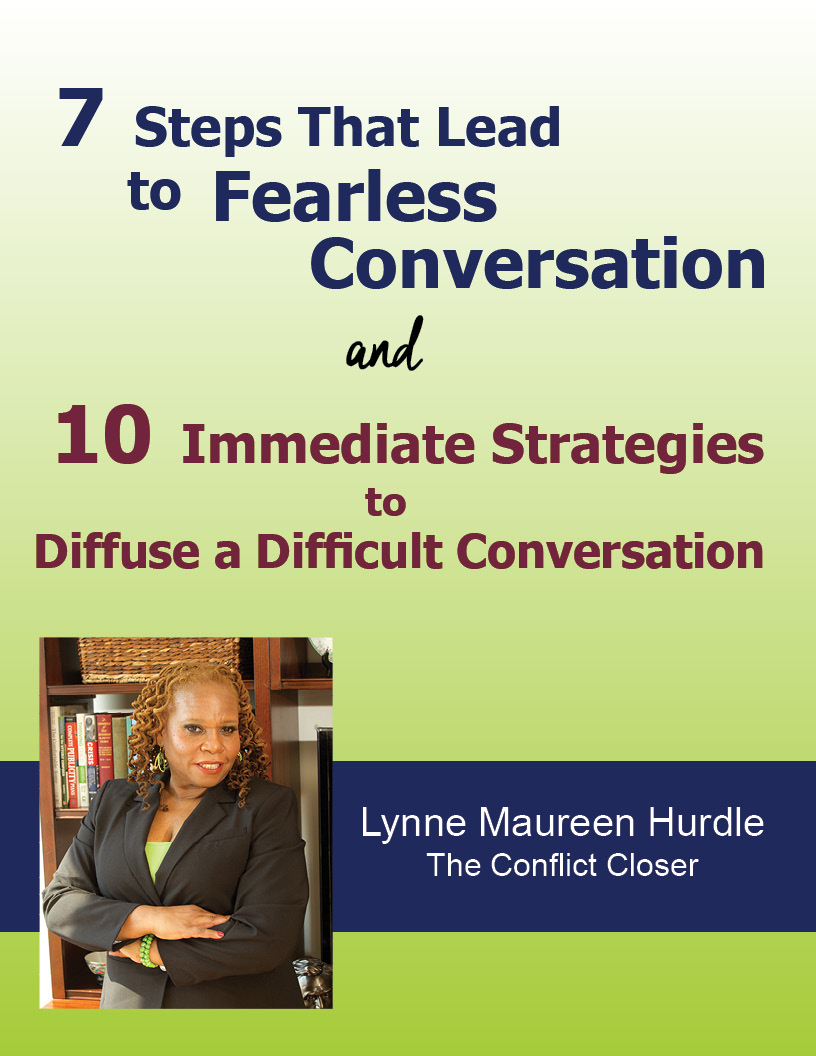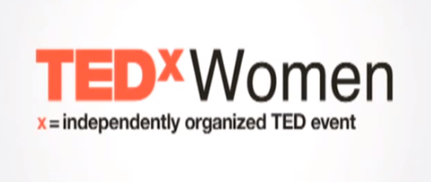And Five Other Important Questions We Should Be Asking Ourselves.
I’m going to start right off with the work. If you are reading this then you are buying in to asking yourself some pretty important questions about your attitudes and beliefs about mistake-making. Before you run, let me just say that mistakes are not going anywhere, you and I and everybody else are going to keep on making them. So why not carve out a little time to understand your views and actions surrounding them and how you acquired them?
How did we get here to this place that too often views and treats mistakes like an act of treason? Ok, that’s a bit extreme, but if we are honest with ourselves, the thoughts and feelings that come up for us when mistakes are made are something close to some kind of betrayal of sorts. It’s as if folks are betraying what we thought of them and the chance we are giving them. It’s a betrayal of the confidence we had in them making us look good for believing in them and their abilities to do things right. It is a betrayal of our time, because now we’ve got to make sure that somebody fixes this and we don’t like any of this. In fact, we dislike it so much, we will go to almost any length not to make mistakes ourselves.
Yes, we’ve heard the party lines: There are no stupid questions and everyone makes mistakes, but deep down, we don’t really believe that, we certainly don’t live it. We beat ourselves up for even the tiniest mistakes. We cut others down or at the very least, think just a little less of them when they make mistakes and in the extreme, we unfriend and cut-off those who make the mistake of offending us even once. This doesn’t sound like you? Ok, then ask yourself these questions and really find out.
How did the people who raised you react when you made mistakes? This is where your own thinking and reactions began to be formed and instilled.
What was your experience in school when you or your classmates made mistakes? This is where your thinking and reactions got confirmed, reinforced and rewarded.
When was the first time you noticed your inner reaction to people making mistakes, including yourself? What was that inner reaction and is it still with you? Does your stomach churn? Do you feel yourself getting mad, disappointed or even explosive? This is the beginning of your external reaction, sharp words, punitive solutions, yelling, shaming and impatience are common ones.
What has your experience been with someone who treats mistakes as an important part of life and is essentially unfazed by them? Most of us have only experienced this with people who were not
invested in our parents, teachers or boss’ reaction. Often the person did not have the power to change things, but they did their best to make you feel better. But did you? Many of us have not experienced this person at all.
How many mistakes, yours or others are still unforgiven in your heart? Forgiveness is difficult for most of us and mistakes lay the bricks of our walls of unforgiveness.
Yes, the exploration is real and deep if we choose to do a significant search.
I see so many conflicts that rest on mistakes and the attitudes and beliefs that make them hard to make or admit. As a society, we are talking constantly about getting along better, living in peace, working toward equity, building better work and home relationships and creating a more just society. All of these rest in adopting a different view of making mistakes.
If we are going to reset our view, then we are going to have to fully investigate ourselves and understand how and why we got here and then set our course for a new way of being.
I want to do better. I want to improve my view of mistake-making and move away from mentally beating myself and others up for something that is a natural part of learning and growing. It’s really not as hard as we are making it folks. Make no mistake about it.
In Love,
Lynne





